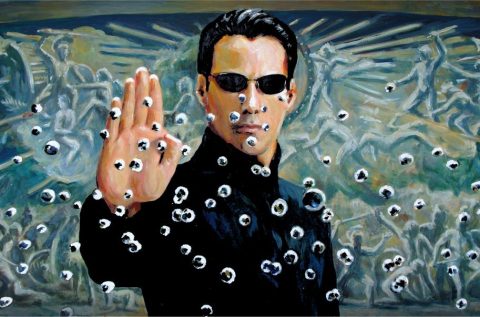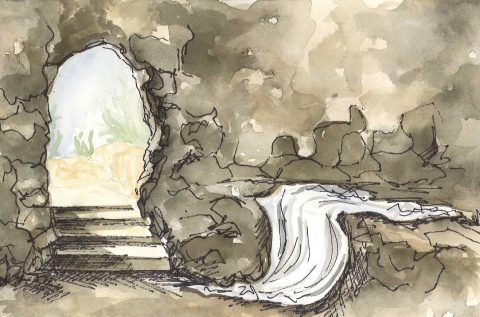In my last post I coined the term “faitheism” which, if I do say so myself, is quite clever. The combining of concepts that at first glance appear contradictory is a pretty Christian thing to do (at least if the union of divinity and humanity in the person of Christ has anything to say about […]
Category: Idolatry
Theodicy and “Faitheism”
In his book In Search of Radical Theology, John Caputo offers a unique theodicy to address the fact that the Kingdom of God has not arrived (a theodicy is literally a “defense of God,” usually in response to the so-called problem of evil). There are a couple ways of dealing with this disappointing fact, the […]
Cheat Codes, Grace, and Shiny Happy People
I just picked up a copy of John Caputo’s book, In Search of Radical Theology, and the following passage sort of jumped off the page: Our quasi-Augustinian confession, confessing that there is no big supernatural or transcendental something or other coming over the hill to save us, is the saving. It reminded me of something […]
VATICAN’T (Catholicism Without All the Uplifting Parts): Week 9 — God’s Risky Atheism
As we wrap up our Vatican’t series I’d like to explore a bit further something I alluded to in my last post. Speaking of the effects of the Jesus story upon humankind, I wrote: Or to put all this in (much) less orthodox terms, maybe there is no external divine Agent accomplishing any of this, […]
VATICAN’T (Catholicism Without All the Uplifting Parts): Week 8 — Humanity 2.0
We have seen thus far in our Vatican’t series that with the death of Jesus came the death of an idolatrous and serpentine system according to which God is a kind of Genie in a bottle whose job is to provide us with the sense of wholeness and well-being that we lack. But if this […]
VATICAN’T (Catholicism Without All the Uplifting Parts): Week 6 — The Dangers of an Early Easter
In my last post in this series I suggested that participating in the crucifixion of Christ (what Jesus sometimes called “carrying our cross”) involves a willingness to put to death our old gods, our old idols, and our old way of thinking, and moreover, we must do so without really knowing what, if anything, will […]





